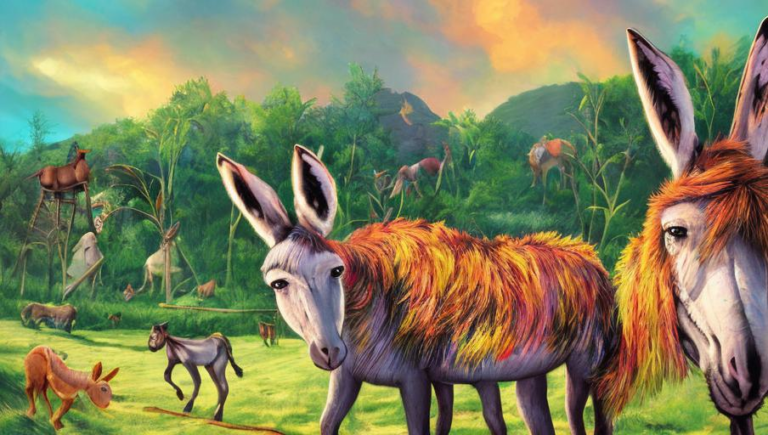Unearthing the Chimpanzee’s Behavior

The Chimpanzee Species
The chimpanzee is a species of great ape native to equatorial Africa. The species is divided into two distinct subspecies: the common chimpanzee and the bonobo. Chimpanzees are closely related to humans, sharing 98.7% of our DNA. They are highly intelligent and have been known to use tools. They also display complex social behaviors, including cooperation, communication, and problem-solving.
Chimpanzee Behavior
Chimpanzees are highly social animals, living in groups of 15-150 individuals. Within these groups, they have a hierarchical structure, with a single alpha male at the top. They communicate with each other through a variety of vocalizations, including calls, grunts, and screams. They also use facial expressions, body language, and gestures to communicate. When threatened, they can form alliances with other members of their group and attack intruders together.
Daily Life for Chimpanzees
Chimpanzees spend most of their days foraging for food. They eat mostly plants, fruits, nuts, and insects. They also hunt small animals such as bush babies and small antelopes. Chimpanzees use tools to help them in their foraging, such as sticks to get termites out of their mounds. They also use stones to crack open nuts and other hard-shelled fruits.
Chimpanzee Reproduction
Chimpanzees reach sexual maturity at 10-15 years of age. Males leave their birth group to join another, while females typically remain with the group they were born in. Chimpanzees mate year-round, and gestation lasts around 8 months. Infants are born with black fur and cling to their mothers for protection. Weaning occurs at around 5 years of age, and chimpanzees reach full maturity at 10-15 years old.
Threats to Chimpanzees
Unfortunately, chimpanzees are endangered due to poaching, habitat destruction, and the illegal pet trade. They are also threatened by diseases, such as Ebola, that can spread rapidly through their populations. Conservation efforts are underway to protect chimpanzees, including habitat protection, anti-poaching programs, and education initiatives.
Conclusion
The chimpanzee is a remarkable species, with complex social behaviors and a high degree of intelligence. Despite their impressive abilities, they are threatened by human activities, such as poaching, deforestation, and the illegal pet trade. Conservation efforts are underway to protect chimpanzees and their habitats, but more needs to be done to ensure their survival.





